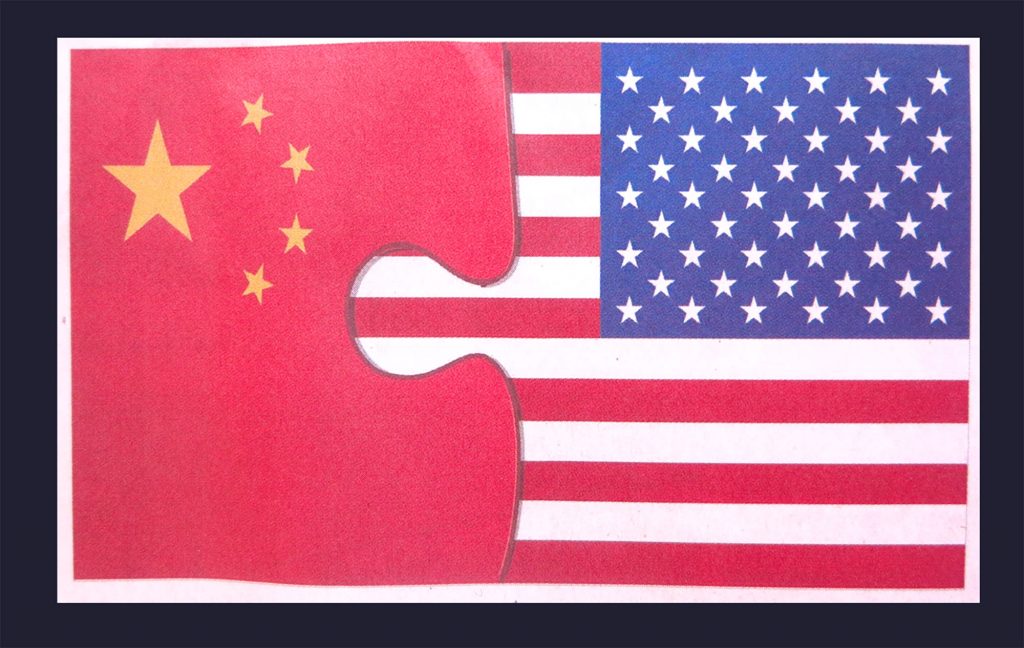
This legacy post from May 2013 serves as a helpful backgrounder for the first-time reader of this writer’s work in China.
On this rainy Saturday in old Chongqing my host students take me to visit an ancient restored village on the banks of the muddy Jia Liang River.
Ciqikou dates back to 1527 — just to put things in perspective, that’s before Jamestown or the Lost Colony!
When you’ve got a civilization that dates back 5,000 years and a country that really cannot trace its exact date of origin, (unlike ours, to July 4, 1776), then the traveler has to stop and take notice.
Of course they celebrate 1949 as the birth of the People Republic of China. But that’s just one more reigning administration in the long, bloody and violent narrative of this country.
I heard this quote (and wish I could I cite my source!) …that, “China has had wars that lasted longer than the official history of the U.S.!”
Former U.S. Secretary of State Dr. Henry Kissinger, whose amazing book, “ON CHINA,” is a must-read for any aspiring China scholar, writes that China’s origins are so clouded in ancient history that the nation just always…WAS.
Which explains a lot, actually. Like the ancient name for the country…the Middle Kingdom.
Not middle, as in “between a superior and an inferior place.” But middle as in: the country to which all others are inferior! Middle as in “The center of the universe.”
Of course it is 2013 now, and China has joined what we call the “community of nations,” but the residue of the past is never far away here.
And then factor in that the Chinese have no concept of “community,” as do we in America. For the Chinese, “community” connotes only a statistical geographic area. There is no warm-fuzzy inclusive connotation to the term, at all. So even the term, “the community of nations,” has a very, very different meaning to the Chinese.
Appreciating this This China-centric worldview has been the single biggest aid in my trying to understand this complex land — and more importantly, our relationship to China. Our, as in, the U.S.
Former Secretary of State Madeleine Albright explains it this way: “China is in its own category — too big to ignore, too repressive to embrace, difficult to influence, and very, very proud.”
Yesterday on our tour of the ancient village, one of the Chinese journalism students asked me what was my goal for this summer’s trip to China? In response, I remembered what Kissinger said, and I repeated it to her:
“The U.S. and China…need each other, because both are too large to be dominated, too special to be transformed…and too necessary to each other to afford isolation…. Beyond that, are common purposes attainable? And to what end?”
I believe that our common purpose is to advance the cause of Community Journalism in China, and that my higher purpose here is to help sow the seeds of community newspapers and then to nurture that growth any way I can.
How blessed I am to be joined by Chinese students and colleagues in that common purpose!
I have to believe that Albright and Kissinger would approve.

